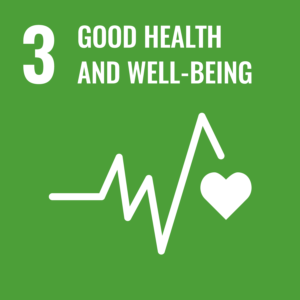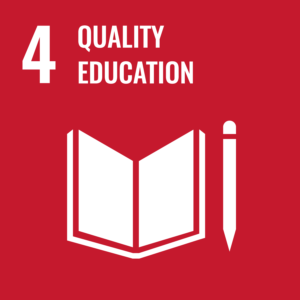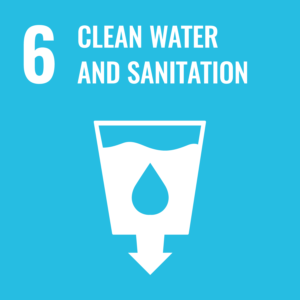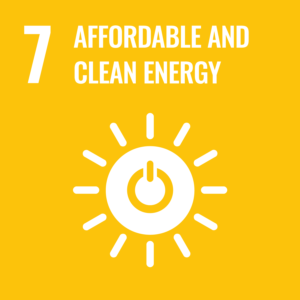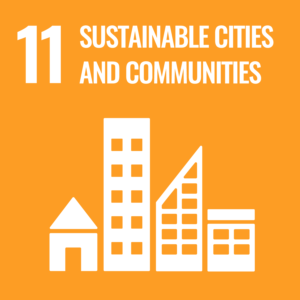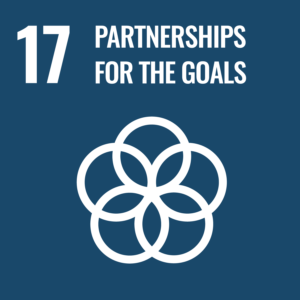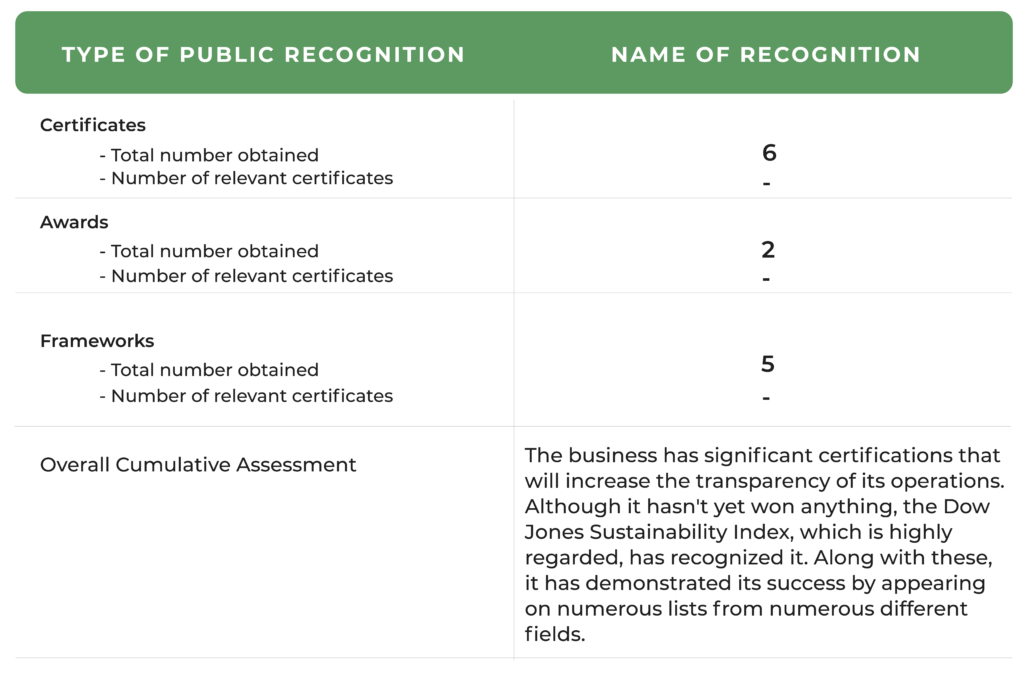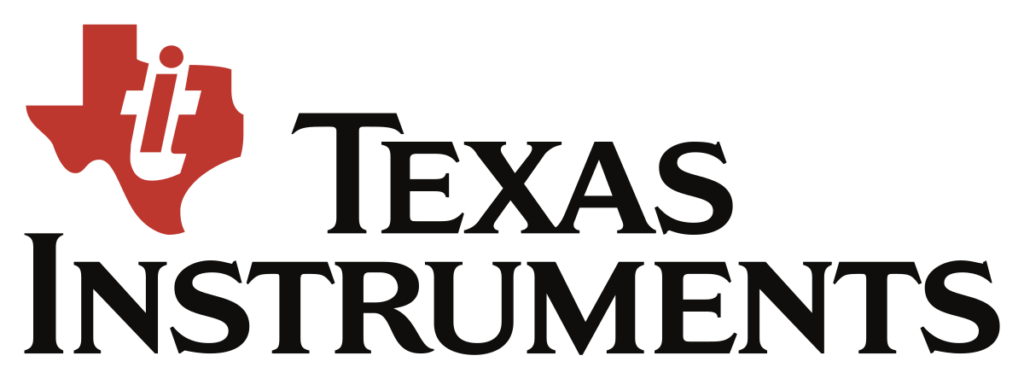
RATING

Outlook
Positive
SECTOR
Semiconductors
Chief Sustainability Officer
T: N/A
E-mail: N/A
Stock Exchange and Ticker
Nasdaq: TXN
Website
Contact
T: (972) 995-2011
E.mail: N/A
Listing
- Barron’s 100 Most Sustainable Companies
- Newsweek’s America’s Most Responsible Companies
- The Wall Street Journal’s Top Companies for Social Responsibility
- #120 Best Employers for Veterans (2022)
- #102 World’s Top Female-Friendly Companies (2022)
- #618 World’s Best Employers (2022)
- America’s Best Employers By State (2022)
- #329 Best Employers for Women (2022)
- #14 Best Employers for New Grads (2022)
- #350 Global 2000 (2022)
- #363 Best Employers for Diversity (2022)
- #24 Green Growth Companies (2021)
- #429 America’s Best Employers (2021)
Awards
- Dow Jones Sustainability Index, North America
- Global Reporting Initiative Index
- CDP, Climate Change 2021 – C
- CDP, Water Security – B-
Revenue
$18.34B
Market Capitalisation
$163.73B
Employees
31,000
Content source
Texas Instruments Sustainability Report
Evaluation of Texas Instruments
The business adheres to a successful process in accordance with the goals it has established. The goals set and the work completed is thoroughly and in sections explained in its report. Most SDGs are in lines with the goals they set for sustainability transformation. Winning the Dow Jones Sustainability Index for years is one of the company’s most notable accomplishments. Additionally, they frequently receive positive online coverage.
Named one of the “world’s most ethical companies”, TI is making good progress toward a 100% sustainable production and materials upcycling strategy, from a >50% sustainable position.
Sustainability Scorecard
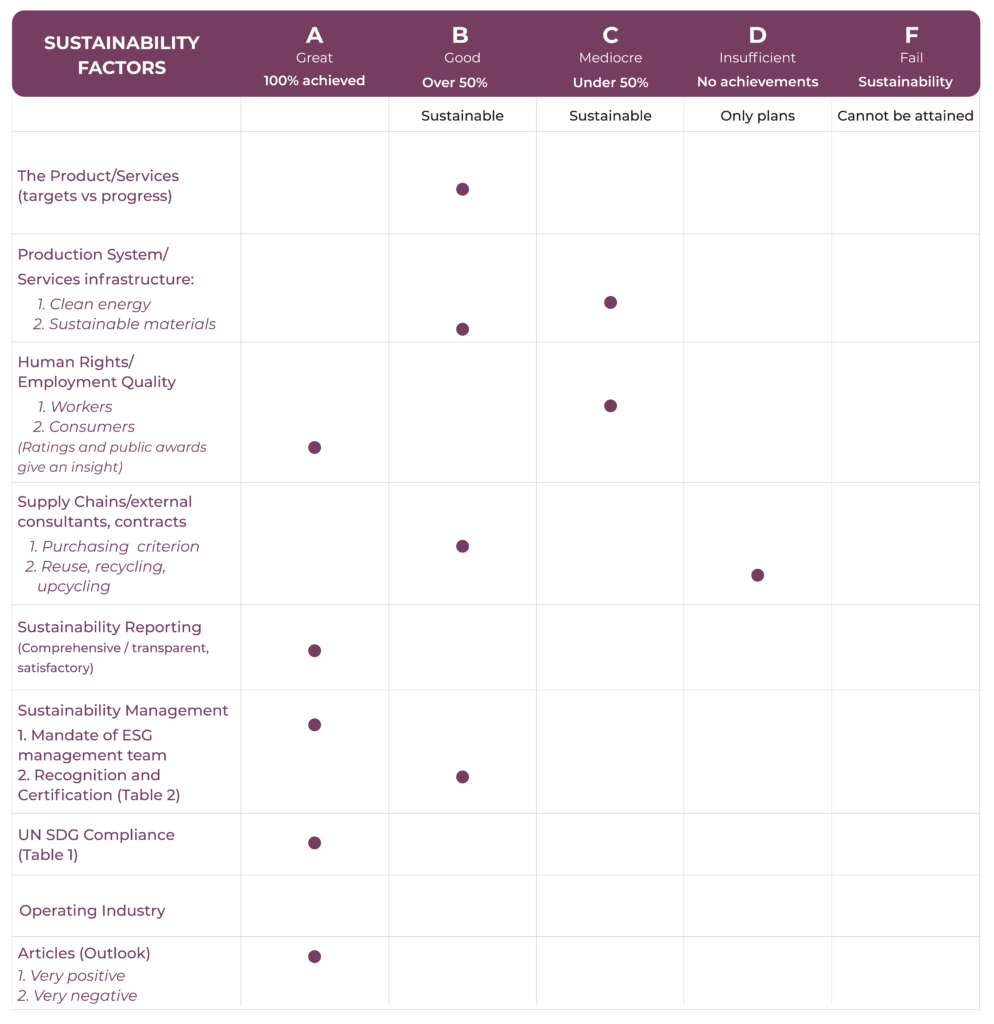
Texas Instruments Company Activity
Texas Instruments was founded by Cecil H. Green, Patrick Eugene Haggerty, John Erik Jonsson, and Eugene McDermott in 1930 and is headquartered in Dallas, TX. Texas Instruments Incorporated engages in the design and manufacture of semiconductor solutions for analog and digital embedded and application processing. It operates through the following segments: Analog, and Embedded Processing.
The Analog segment semiconductors change real-world signals, such as sound, temperature, pressure, or images, by conditioning them, amplifying them, and often converting them to a stream of digital data that can be processed by other semiconductors, such as embedded processors.
The Embedded Processing segment is designed to handle specific tasks and can be optimized for various combinations of performance, power, and cost, depending on the application.
Texas Instruments Sustainability Activity - As per company declarations
Texas Instruments takes great pride in being a good corporate citizen, which impacts communities and the world in two ways:
- First, its ambitions guide how it runs a business and are foundational to ensuring that it operates in a sustainable, socially thoughtful, and environmentally responsible manner. Central to these ambitions is a belief that in order for all stakeholders to benefit, the company must grow stronger over the long term.
- Second, semiconductors will play a critical role in creating a better world and helping reduce the impact on the environment.
Certificate & Labels, Standards and Frameworks
- The Global Reporting Initiative (GRI)
- The Task Force on Climate-Related Financial Disclosures (TCFD)
- The Sustainability Accounting Standards Board (SASB)
- The Responsible Business Alliance (RBA)
- National Institute of Standards and Technology
- The CDP
- International Standard for Automotive Quality Management Systems 16949
- The U.S. Green Building Council’s LEED Green Building Rating System
- ISO 9001
- ISO 14001
- ISO 45001
- ISO 22301
Texas Instruments in the news: Press Reviews and Social Media
The Dow Jones Sustainability Index has been recognising the company’s efforts to reduce its carbon footprint for 13 years running. Air emissions, greenhouse gases, building design, biodiversity, and energy consumption are a few areas where TI wants to make improvements as part of that program. Its objective is to maintain air emissions below authorized levels, which entails eliminating ozone-depleting materials from its manufacturing processes. Through increased productivity in its manufacturing processes, infrastructure, and equipment, TI hopes to cut back on indirect Scope 2 emissions, which are those produced by the electricity, heat, and steam it purchases for manufacturing or other operations.
The business is focusing on building 300-mm wafer fabrication facilities. These plants use less water and energy and produce less potent greenhouse gases than the older 150 and 200-mm plants. Water usage drops by about 21% and energy consumption per chip drops by about 56%. The focus of TI’s global energy strategy is its manufacturing operations, which use about 90% of the company’s total energy. In just 2019, the business donated more than $31 million to charity.
Chips are also vertically stacked by TI in its product packaging, which lowers the overall energy and cooling costs in the finished goods. Among its objectives in this area are the following: Securing access to affordable, reliable, and renewable energy sources.
TI is one of just two companies listed in the “Electronics and Semiconductors” category. The New York-based think tank Ethisphere is focused on corporate social responsibility, business ethics, and anti-corruption. The history of ethical, legal, and regulatory infractions is examined as part of the methodology for the WME ranking. A wide range of stakeholders use the thorough report to comprehend TI’s social and environmental performance as well as related risks and opportunities. The evaluation of an investment in innovation and sustainable business practices, an analysis of activities designed to improve corporate citizenship, and a review of nominations from senior executives, industry peers, suppliers, and clients are all part of the methodology for the WME ranking.
A joint laboratory was established by TI and Growatt in the Chinese city of Shenzhen. The lab aims to develop an optimized photovoltaic (PV) energy storage solution using TI’s cutting-edge semiconductor technologies and products. CEO of Growatt: “This collaboration can aid designers in incorporating TI’s cutting-edge technology into new PV energy storage applications more quickly.”
A new, cost-effective semiconductor fabrication facility from TI has been built in Texas. The facility is described as a “state-of-the-art semiconductor factory” by Mechanical Engineering magazine. The plant uses recycled water to irrigate indoor and outdoor landscaping and run cooling equipment.
Highlights from Texas Instruments Sustainability Report
Achievements
- Decrease in carbon dioxide Scope 2 emissions year by year
- Decrease in GHG emissions per chip
- Over the last five years, they conserved nearly 300,000 megawatt hours (MWh) of energy
- Increase in renewable electricity as a percent of total electricity
- TI reused or recycled 90.1% of the 45,667 metric tons of waste and surplus materials generated in 2021
- Reduction in nitrogen oxide
Weaknesses and Setbacks
- Few targets, especially none that are social
- Increase in carbon dioxide Scope 1 emissions year by year
- Decrease in water savings
Targets vs Progress Reported
| Target | Results reported |
|---|---|
| 25% Reduction in absolute Scope 1 and 2 emissions by from a 2015 base year by 2025 | - 18.6% Reduction of GHG emissions |
| 50% Reduction in energy intensity per chip from a 2015 base year by 2025 | - 33% Reduction in energy intensity per chip |
| Conserve 2.6% equivalent of 2020 total water usage in 2021 | - 2.8% Reduction in water use |
| Divert 90% of solid waste materials generated from landfills in 2021 | - 90% Materials diverted from landfills |


